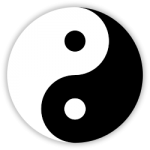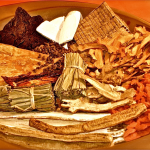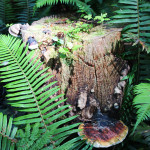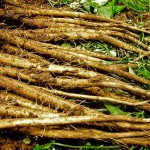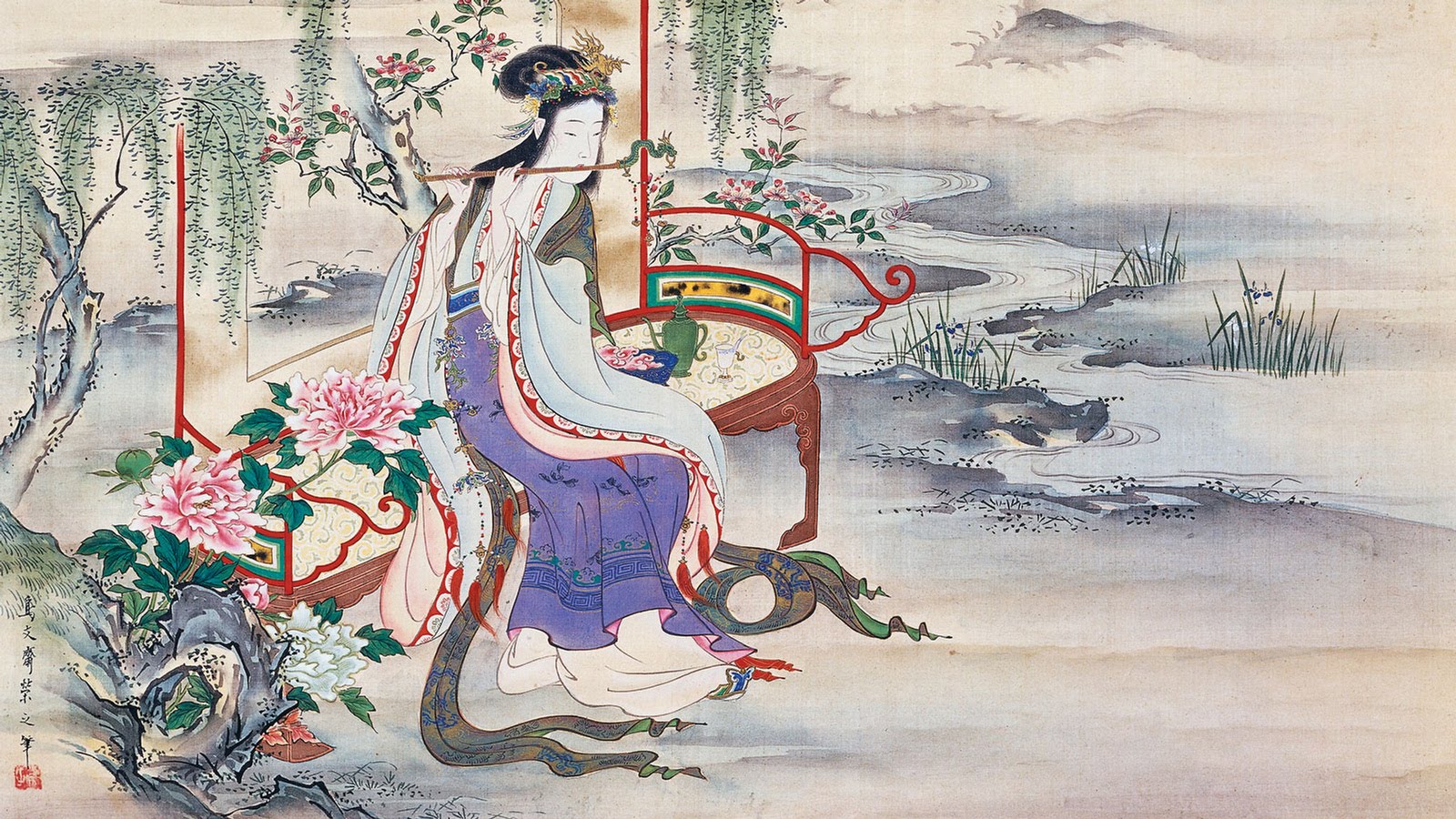
HORARY CYCLE • BI-HOURLY CLOCK
According to root and branch energetic rhythms in traditional Chinese medicine, Qi flow circulates through the 12 main meridians beginning with the lungs, as respiration is the first independent bodily function of the human vessel, then systematically flows through each organ. The organ systems have their points of highest energy and lowest energy throughout a 24 hour cycle. By the insight of these rhythms we can best understand times to participate in basic functions of daily living and also when to communicate with a particular organ or energetic system of the body. Chinese Medicine practitioners will sometimes use the horary clock to corroborate their diagnoses and patients typically find the clock to be of great interest. Here is more detailed information the Horary clock can reveal to patterning healthy habits of body-mental functioning-and emotional well-being.
3-5 am the time of the Lungs. This is the time where the body should be asleep. If woken at this time, soothing breathing exercises are recommended and the body should be kept warm to enable the lungs replenish the body. Emotionally, the lungs are associated with feelings of melancholia, sadness, and grieving and these emotions may be more commonly felt during these hours.
5 am to 7 am is the time of the Large Intestine. This is energetically the ideal time to have a bowel movement, removing toxins from the previous day before moving forward into the present one. It is also the ideal time to wash the body and comb hair. It is believed that combing hair helps to clear energy from the mind. At this time, emotions of defensiveness or feelings of being stuck could be evoked.
7-9 am is the time of the Stomach so it is important to eat the biggest meal of the day here to optimize digestion and absorption. Warm meals that are high in nutrition are best in the morning. Emotions that are likely to be stirred at this time may be include disgust or despair.
9-11 am is the time of the Spleen, where energy for the day ahead is released from food digestate. This is the ideal time to exercise and work. Do your most taxing tasks of the day at this time. Low self-esteem is an inherent Spleen vulnerability that could be noted at this time.
11 am- 1 pm is the time of the Heart which will work to pump blood throughout the body to provide energy and nutrition. Eating a light, cooked meal at this time is recommended. Having a one hour nap or a cup of tea is also beneficial during this time. Feelings of significant joy or sadness could be experienced at this time.
1-3 pm is the time of the Small Intestine, the time when digestion will take place and assimilation of food eaten earlier will be complete. This is a good time to carry out daily tasks or exercise. Vulnerable thoughts or feelings of abandonment may subconsciously arise at this time.
3-5 pm is the time of the Bladder when metabolic wastes move into the kidney’s filtration system. This is the ideal time for study and completion of brain-challenging work for the day. Another cup of tea is beneficial, as would be drinking some water. Feeling irritated or timid may come into expression at this time.
5-7 pm is the time of the Kidneys when the blood is filtered and the kidneys work to maintain proper chemical balance. This is the perfect time to have dinner and to activate your circulation either by walking, having a massage, or stretching. Subconscious thoughts of fear can be active at this time.
7-9 pm is the time of Pericardium, when nutrients are carried to the capillaries and to each cell. This is the perfect time to read, but avoid any more mental activity than this at this time. A difficulty in expressing emotions may also be felt however, this is the perfect time in the day to have sex.
9-11 pm is the time of Triple Warmer or Sanjiao, pertaining to waterways and the endocrine system where the body’s homeostasis is adjusted replenished. It is recommended to be asleep at this time so the body can conserve energy for the following day. Feelings of paranoia or confusion may also be felt.
11 pm-1 am is the time of the Gall Bladder and in order to wake feeling energized the body should be at rest. In Chinese medicine, this period of time is when Yin energy fades and Yang energy begins to grow. Yang energy helps you to keep active during the day and is stored when you are asleep. Subconscious feelings of resentment may appear during this time and should be dissipated in favor of resting.
1-3 am is the time of the Liver and a time when the body should be in deep sleep. During this time fresh blood is made. If you find yourself waking during this time, excessive yang energy, heat toxin, or problems with liver energy in general may be indicated. Anger, frustration and repression of emotions pertain to the liver and may be part of the tendency for wakefulness.
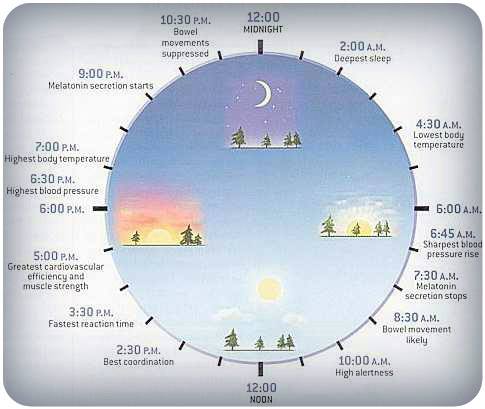
The energetic cycle is completed with circulation through the liver at night when the eyes are closed and where the spirit roots into the body during sleep.
If one tends to experience an aggravation of symptoms or fluctuations in energy, note the time of day of the occurrence. The time may provide a cue to the organ system that may be a contributing factor in current health themes.

